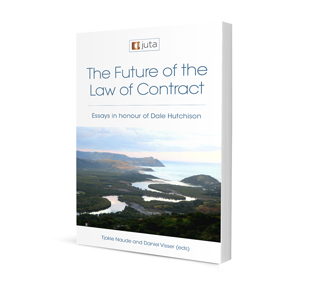
Interference without ownership: The theft of incorporeal money in the South African law of unjustified enrichment
Author H Scott
ISSN: 1996-2088
Affiliations: Tutorial fellow of Lady Margaret Hall and professor of private law in the
Oxford Law Faculty.
Source: Acta Juridica, 2021, p. 343 – 373
https://doi.org/10.47348/ACTA/2021/a13
Abstract
First National Bank of Southern Africa v Perry, Nissan South Africa v Marnitz NO and Absa Bank v Lombard Insurance, as well as Trustees, Estate Whitehead v Dumas and Absa Bank v Moore, together amount to a concerted attempt on the part of South African courts to provide victims of the theft of incorporeal money with adequate redress. However, it has proved difficult to find a satisfactory juristic explanation for this series of decisions. This chapter shows that a model organised around the extension of the vindicatio to incorporeal money is unworkable. Instead, having considered briefly a second possibility, namely, the English constructive trust, this chapter advances an analysis of the plaintiff’s claim to the stolen money solely in terms of the non-consensual enrichment (that is, enrichment other than by deliberate conferral) of the defendant at their expense. Apart from its superior explanatory power, such an approach offers a blueprint for future development, insofar as it opens the way to the recognition of a secured claim where the proceeds of stolen money have been used to discharge the thief ’s pre-existing secured debts: the doctrine of subrogation to extinguished rights. This chapter closes by considering the implications of these conclusions for wider debates about the proper size and shape of the law of unjust enrichment.